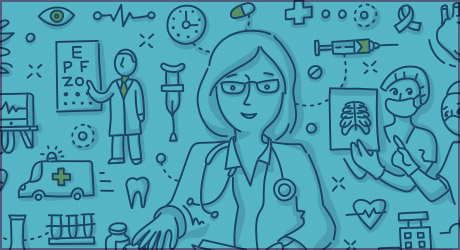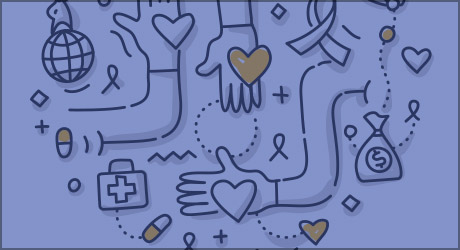
Why Choose Us?
Tennova Medical Group has assembled a team of cardiac specialists dedicated to caring for you and your heart. Our physicians are part of Tennova Healthcare – Clarksville which is recognized as an Accredited Chest Pain Center by the American College of Cardiology.
Taking good care of your heart can help reduce your risk of heart disease and help you live a long and healthy life. The heart care team at Tennova Medical Group is with you every step of the way—from preventive screenings and lifestyle support, through minimally invasive treatments and life-saving emergency care.
Our Services Include:
- Cardiovascular diagnosis
- Cardiac catheterization
- Pacemakers
- Angioplasty and stent placement
- Echocardiogram
- Stress testing
- Cardiac computed tomography
- Atrial septal defect (ASD) closure
Heart Healthy Resources

A Woman’s Risk for Heart Disease is Different: Here’s What You Need to Know
Heart disease is a big issue in the United States for both men and women alike. But some risk factors are more unique to women.
Read more »

Is High Blood Pressure Considered Heart Disease?
Finding out you have high blood pressure can be worrisome if you aren’t sure what your numbers mean or what to do about them. Discover how high blood pressure affects your heart.
Read more »

How Does Smoking Affect Your Heart?
Smoking’s impact reaches far beyond your lungs, harming nearly every other organ in the body. Get the specifics on how smoking can influence your heart’s health.
Read more »

Why Your Heart Wants You to Pay Attention to Your Cholesterol
Your liver makes cholesterol in your body, but you also get cholesterol from eating certain foods. Find out how the wrong kind of cholesterol can impact your heart.
Read more »